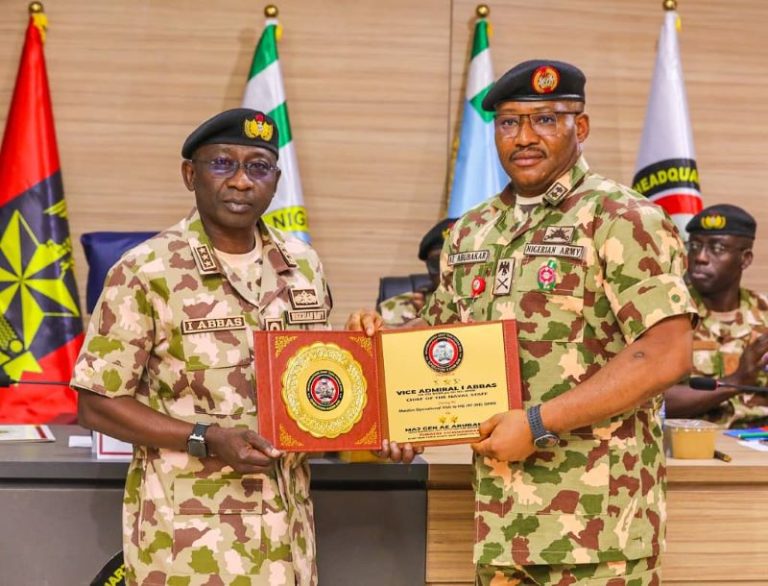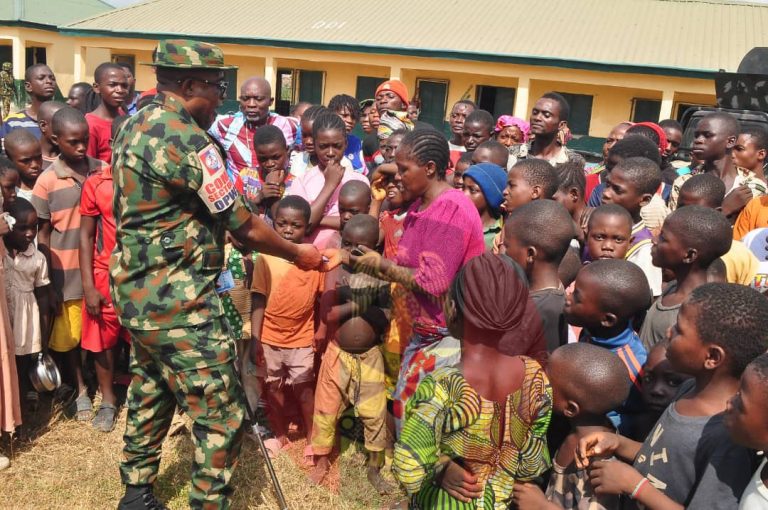By Odimmegwa Johnpeter, Abuja
The push for direct universal suffrage for the ECOWAS Parliament (EP) has heightened in the last few years. Like its European Union (EU) counterpart, which began the Organisation with the Member States selecting representatives from their national parliaments before the 705 Member Pan EU body transited to Direct Universal Suffrage between 7-19 June 1979, on a five-year term arrangement, the West African sub-regional parliament has demonstrated the political-will to bite the bullet once and for all.
Tapping into the steady success story of continental parliaments such as the EU, it can be safely deduced that direct universal suffrage for the ECOWAS Parliament is like a powerful idea whose time has come.
While speaking on the sidelines of the just-concluded delocalised meeting in Monrovia, Liberia, the Speaker of the Community Parliament, Dr. Sidie Mohamed Tunis, affirmed Direct Election into the Community Parliament as one of his key focus.
To demonstrate his resolve, the Speaker said, he set up a Transition Committee that will oversee the ECOWAS Parliament transition to direct universal suffrage. The first issue identified by the Committee is funding, when it submitted an interim report in December 2020.
However, the Speaker is of the opinion that, creating a platform like Constitutional overhaul by the Member States is one critical criterion for Direct Election arguing that funding is infinitesimal. Gleening from the EU’s example, it is clear that the first thing is for Member States to undertake a holistic national Constitutional review, which will make provision for direct universal suffrage into ECOWAS Parliament.
For instance, the European Parliament (EP), which represents the second-largest democratic electorate in the world (after the Parliament of India) and the largest trans-national democratic electorate in the world with (375 million eligible voters as at 2009), held its first direct universal suffrage between 7-10 June 1979.
Meanwhile, the evolution that culminated indirect universal suffrage for EP started with the 1974 Paris Summit, where on the initiative of French President Valéry Giscard d’Estaing and German Chancellor Helmut Schmidt, it was decided to elect the European Parliament by direct universal suffrage, which was confirmed by an act adopted by the Council in 1976. The European Parliament then became a true Parliament, provided with real power. With a holistic platform created for its take-off, EP had its first direct election between 7-10 June 1979.
Since then, it has been getting better with the European Parliament’s electoral system. It has drawn lots of commendation for continental Europe, as the first true trans-states Parliament, whose laws are binding on the Member States.
The direct election presupposes that candidates campaign throughout their Constituency. The campaign for seats in the European Parliament has reverberated around the world. One, it has allowed the people to take ownership of who represents them at the EU. Today, the continental parliament has become so popular and respected beyond its European jurisdiction. Since 1979, the Parliament has benefited from democratic legitimacy on which it relies to increase its powers.
Though, comparatively, European Parliament has had a long history as it was established by the Rome Treaty of 1957. However, ECOWAS Parliament ({EP) can leverage on the EU Parliament’s records to fastrack the adoption of direct universal suffrage for ECOWAS Parliament because of the enormous advantages it stands to gain.
It is a verifiable fact that most ECOWAS citizens are not aware of the existence of ECOWAS Regional Parliament, especially, in rural West Africa. The immediate implication of adopting direct universal suffrage is that every adult of voting age in the sub-region will have the opportunity to elect who represents the Constituency at ECOWAS Parliament. Also, by taking political campaigns to every nooks and cranny of the sub-region, the Community Parliament would become popular and enjoy wider acceptability like the European Parliament.
Accountability is acknowledged to be the life wire of every democratic system, as it confers credibility and acceptability. In view of the foregoing, Transiting ECOWAS Parliament from selecting Membership to electing Members will give people of the sub-region the opportunity to demand for democratic accountability.
It will open up the political space in the sub-region, grant or increased access for women to take their pride of place in the affairs of the Community Parliament. Besides, the chances of Affirmative Action will fair better, if direct election into the Community Parliament is achieved
Again, direct universal suffrage means that ECOWAS Parliamentarians are exclusively for the ECOWAS Parliament, as against the dual parliamentary role of Members, which most times distract them from giving their best to the affairs of the Community Parliament.
As Speaker, Dr. Sidie Mohamed Tunis would say during the just concluded delocalised meeting, “If a national budget is been debated and ECOWAS Parliament has burning issue (s) to deliberate upon, will the parliamentarian abandoned his national assignment for the Community Parliament?”, Dr. Tunis queried.
Now that a Transition Committee is already in place and has swung into action, all that’s needed is a continuous marginal push towards transiting into a Community Parliament of elected Members, and the accompanying possibilities would be infinite.
https://any.peopleandpowermag.com/ecowas-parliament-pushes-for-direct-universal-suffrage/




